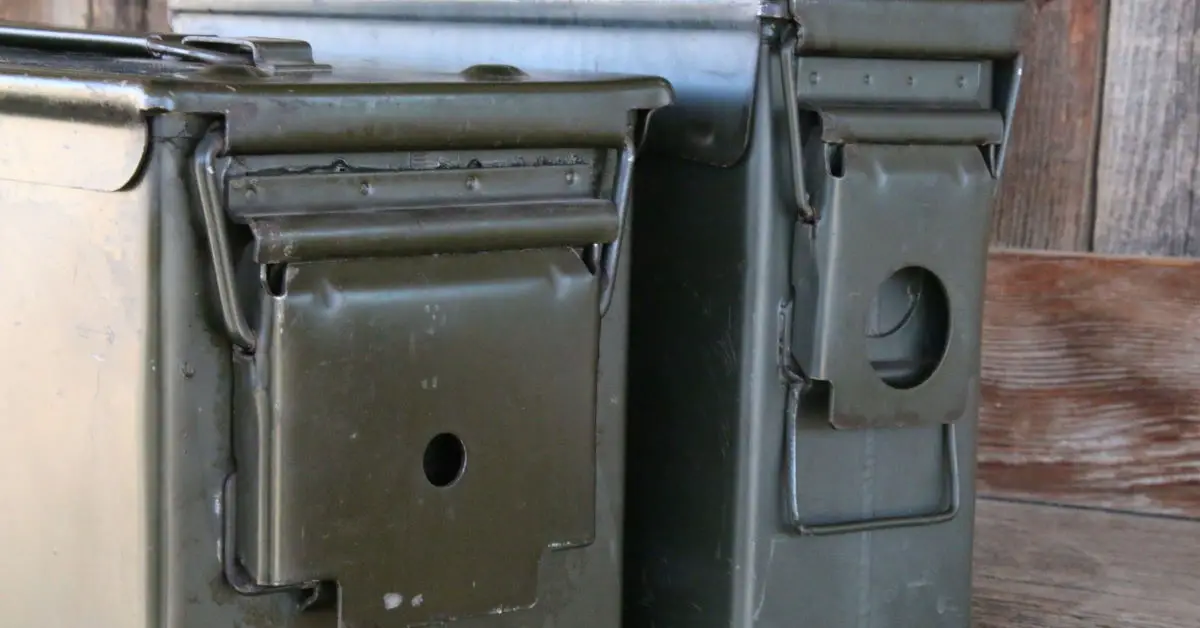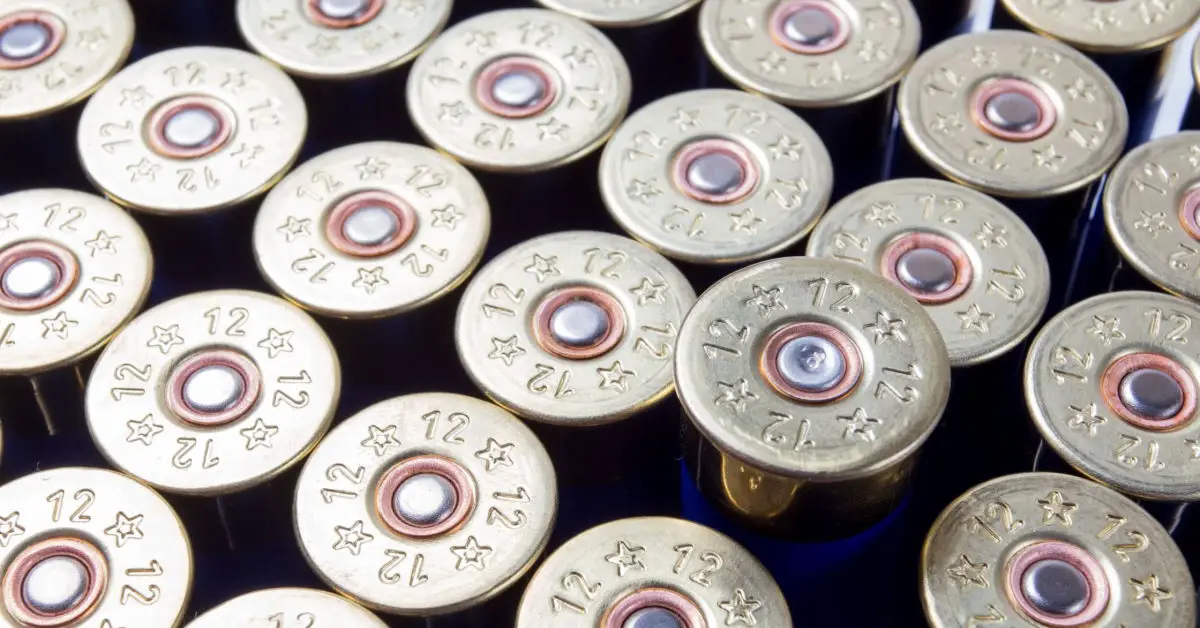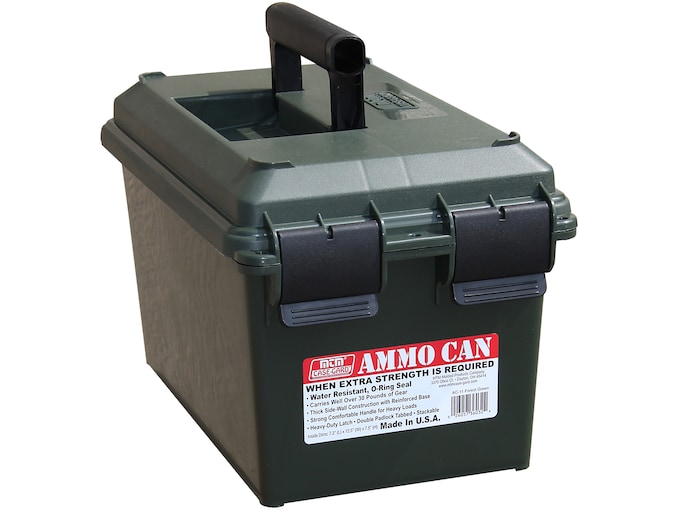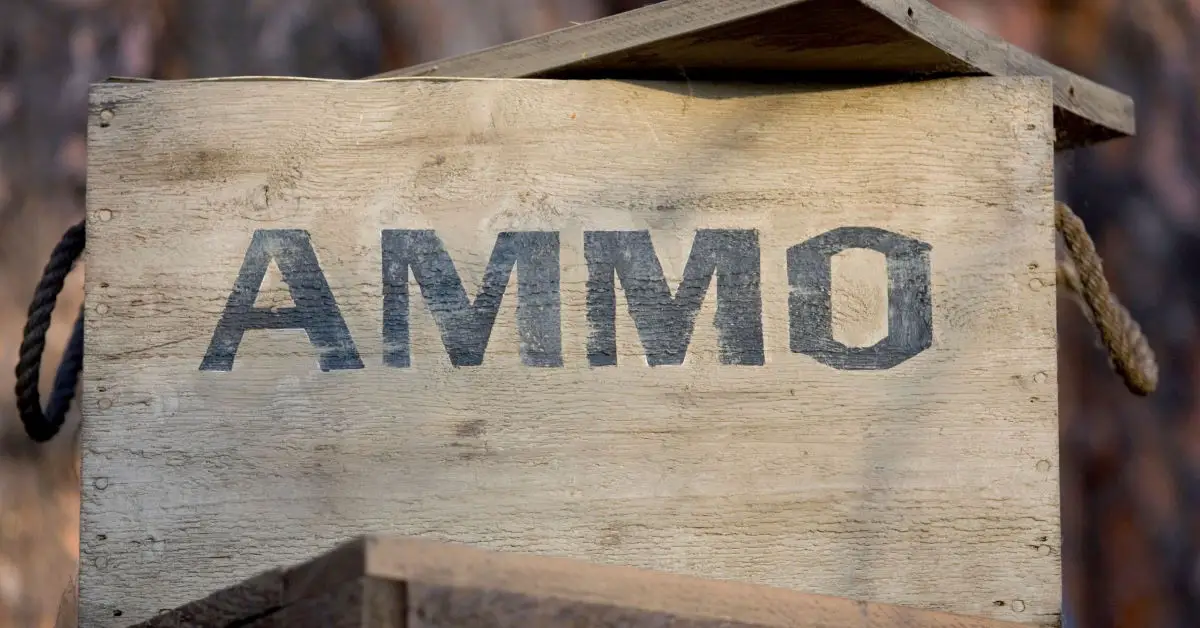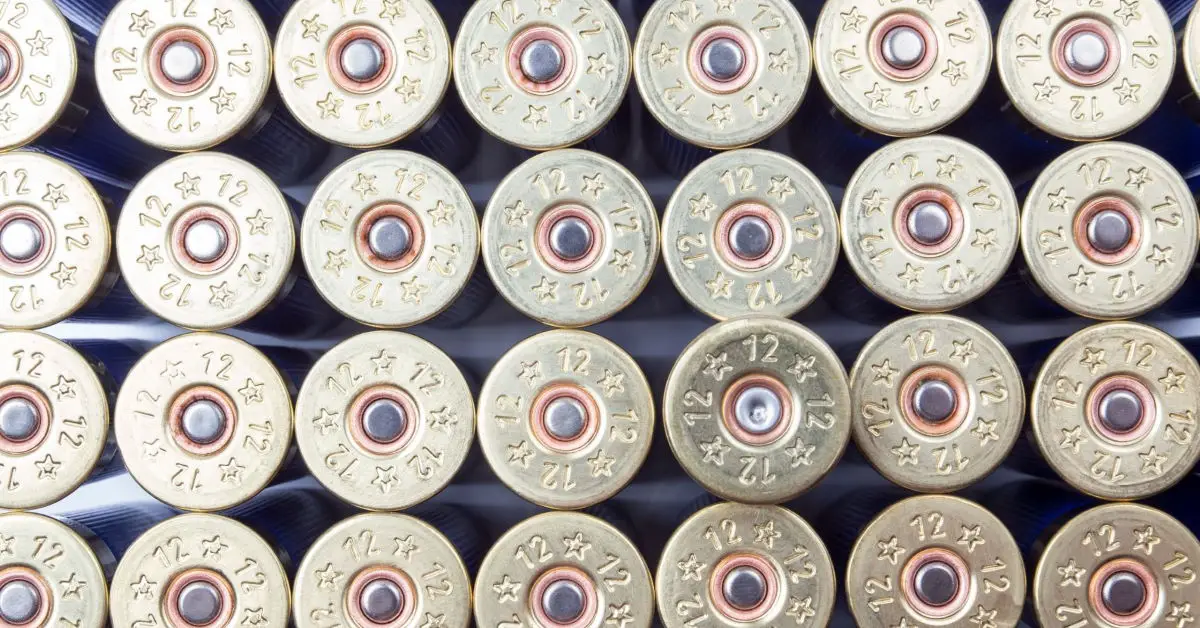As a gun owner, understanding the longevity of your ammunition is important for several reasons. Not only does it affect your wallet, but it also affects the performance of your firearm. No one wants to have their gun misfire when they need it most. In this blog post, we will discuss the factors that can impact the longevity of your ammo. By understanding these factors, you can take the necessary steps to ensure the longevity of your ammunition and maintain the optimal performance of your firearm.
Storage Conditions
The first factor to consider when it comes to ammo longevity is the storage conditions. Heat, moisture, and direct sunlight can all have negative impacts on the shelf life of your ammunition. Exposure to heat can cause the powder to deteriorate, while exposure to moisture can cause rust and corrosion. To ensure the longevity of your ammunition, store it in a cool and dry location. Consider using airtight containers, such as ammo cans, to keep moisture out. Also, keep your ammo away from direct sunlight, which can cause the plastic casings to degrade over time.
Type of Ammo
The type of ammunition can also affect its longevity. Rimfire ammunition, for example, has a shorter shelf life than centerfire ammunition. This is because the priming compound in rimfire ammunition is located around the rim of the casing, making it more sensitive to moisture. Additionally, specialty ammunition, such as tracer or incendiary rounds, is more prone to deterioration over time due to the chemical makeup of the powder. When shopping for ammunition, consider the type of ammo you need, and select a reputable manufacturer that offers quality products.
Frequency of Use
Believe it or not, how often you use your ammunition can affect its longevity. The more frequently you use your ammo, the more wear and tear it will receive, which can lead to the degradation of the components. It is important to rotate your ammunition and avoid using the same rounds over and over. A good rule of thumb is to use a rotation system, where you use older ammo first and restock with new ammo frequently.
Cleaning and Maintenance
The cleaning and maintenance of your firearm can also affect the longevity of your ammunition. Dirt and debris buildup can cause friction which in turn can damage the ammo. Ensure that you clean your firearm regularly to prevent build-up. Additionally, use lubrication such as cleaning oil to keep the ammunition moving smoothly through the firearm.
Quality of Manufacturing
The quality of the manufacturing process can also affect the longevity of your ammunition. Ammunition from reputable manufacturers is more likely to be consistent in composition and shelf life than ammunition from an unknown manufacturer. When purchasing ammunition, look for a manufacturer with a good reputation and positive customer reviews.
Conclusion
When it comes to ammunition longevity, there are several factors to consider. Storage conditions, type of ammo, frequency of use, cleaning and maintenance, and quality of manufacturing all play important roles. By following the tips outlined in this post, you can ensure the longevity of your ammo while maintaining optimal performance of your firearm. Remember, your ammunition is a valuable investment, and proper care and maintenance will pay off in the long run.
